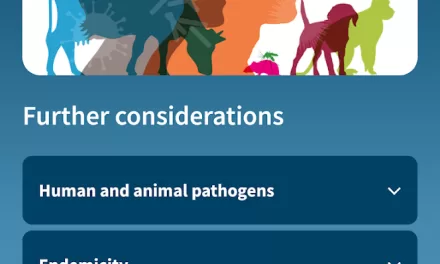Atlanta, GA – A groundbreaking study led by researchers at Georgia Tech’s School of Public Policy has revealed a significant correlation between access to paid family leave and a reduction in infant maltreatment. The research, published in the journal Child Maltreatment, suggests that paid family leave policies not only benefit children and families but could also alleviate the burden on child protection agencies and potentially ease budgetary strains on governments.
Associate Professor Lindsey Rose Bullinger, along with colleagues from the University of Connecticut and Prevent Child Abuse America, analyzed data from the National Child Abuse and Neglect Data System. Their findings indicate that states with paid family leave experienced a 14% decrease in reported infant maltreatment, a 22% reduction in substantiated cases, and a dramatic 46% drop in home removals due to unsafe conditions, compared to states without such programs.
“There are several possible explanations for why access to paid family leave would reduce reports of child abuse,” Bullinger explained. “One is that paid family leave might help parents better afford basic needs. It could also be that paid leave helps improve parents’ mental health and reduce stress.”
The study broadens the discussion around paid family leave, which often focuses on the costs to businesses. The researchers suggest that policymakers should consider the potential budgetary benefits of such programs. They argue that the reductions in child maltreatment could lead to significant savings for child protection agencies, which, according to Child Trends, spent approximately $31 billion in 2023.
“There are potentially vast implications for government budgets and other macroeconomic factors,” the authors wrote in their paper. “In addition to demonstrating possible cross-program interactions between family services and employment services, this work may in turn offer a more complete cost-benefit analysis of PFL programs.”
Currently, 13 U.S. states and the District of Columbia offer state-sponsored paid family leave programs, with discussions ongoing in other states. While federal employees have access to paid family leave, there is no national mandate.
The study, titled “More than Snuggles: The Effect of Paid Family Leave on Infant Maltreatment,” provides compelling evidence for the positive impact of paid family leave on infant well-being and highlights the potential for broader economic benefits.
Disclaimer: This news article is based on the provided study and information. Correlation does not equal causation. While the study indicates a strong link between paid family leave and reduced infant maltreatment, further research is needed to fully understand the causal mechanisms. The information presented is for informational purposes only and should not be taken as definitive policy recommendations.












